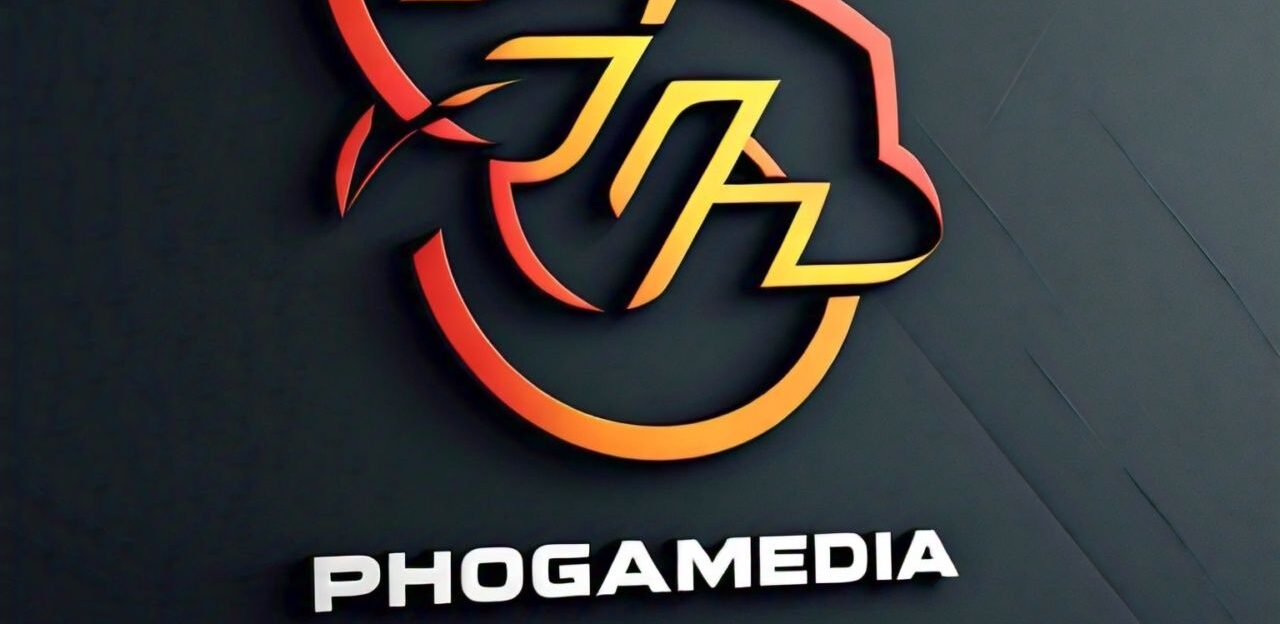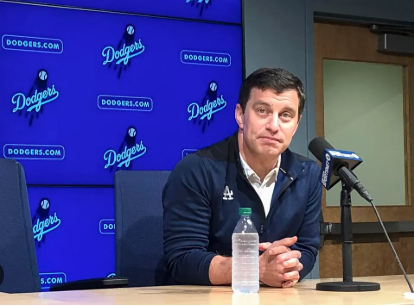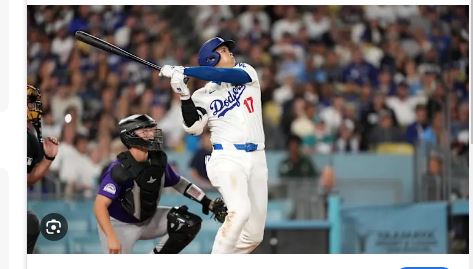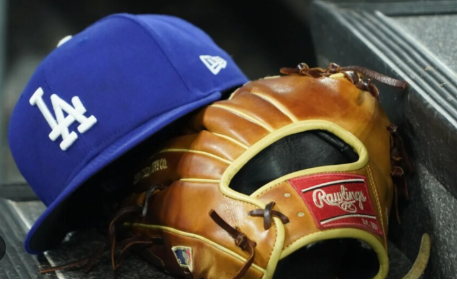A former MLB executive recently suggested that Major League Baseball may soon intervene to prevent the Los Angeles Dodgers from continuing their use of controversial deferrals in player contracts.
The Dodgers are still riding high from their eighth World Series title, achieved in October. From the opening game of the season through their championship win over the New York Yankees, LA remained an unstoppable force.
Much of the credit for the team’s dominant performance in 2025 goes to the front office, headed by team president Andrew Friedman, who assembled a roster packed with both star players and key contributors. However, how the team has constructed its roster has sparked considerable debate.
In the offseason, the Dodgers allocated over $1 billion in contracts, including a record-setting deal for Shohei Ohtani. This contract raised concerns across baseball due to its massive deferrals, meaning that the bulk of Ohtani’s salary wouldn’t be paid out for another decade. The deferral strategy was again employed to sign two-time Cy Young winner Blake Snell, and it had previously been used to secure Freddie Freeman’s historic deal as the highest-paid first baseman in 2021. Heading into the 2025 season, the Dodgers boast a stacked roster and an enormous amount of deferred money.
However, this controversial tactic may soon face restrictions from MLB.
David Samson, former executive of the Miami Marlins, recently shared his thoughts on his “Nothing Personal” podcast, claiming, “The Dodgers have pushed this too far. They’ve deferred over a billion dollars. This started with Freddie Freeman, Mookie Betts, and Teoscar Hernandez. Now, with Blake Snell, the Dodgers are deferring even more money. Other teams are starting to wonder, ‘How can we compete with this?’ MLB will eventually introduce a rule change to address this issue.”
Currently, the Dodgers owe significant amounts in deferred contracts, including large sums for players like Blake Snell ($66 million), Mookie Betts ($120 million), Freddie Freeman ($55.9 million), and Shohei Ohtani ($680 million), which won’t be paid until the 2030s. This strategy allows the Dodgers to field a championship-caliber team in the short term, but it has raised questions within the league about fairness and competitive balance.
The reluctance of other teams to adopt this approach may prompt MLB to take action, possibly before the next collective bargaining agreement is negotiated after the 2026 season.





